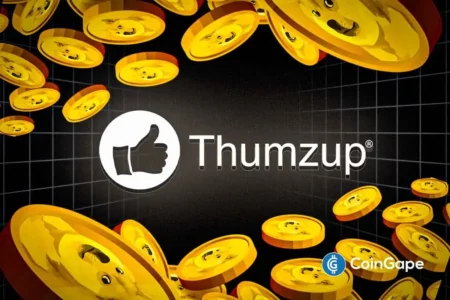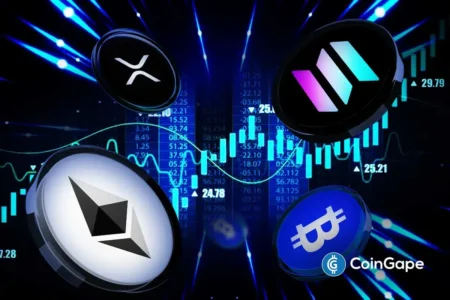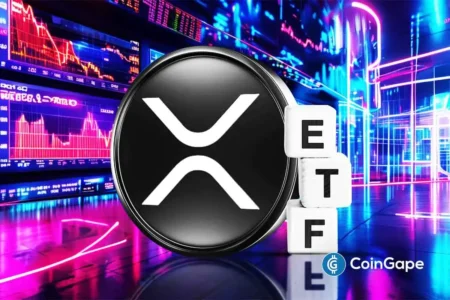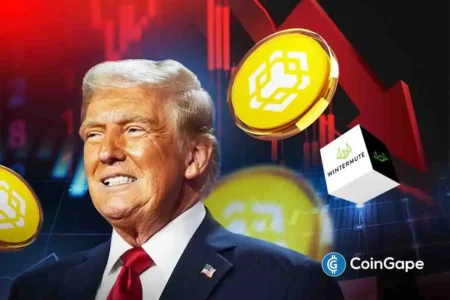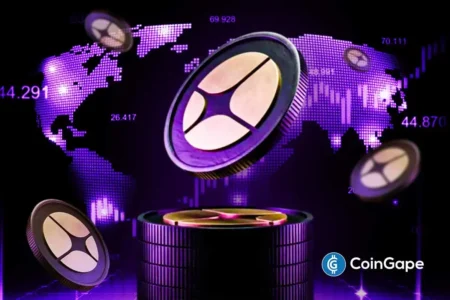SEC Approval of Generic Listing Standards for Crypto ETFs: What It Means for Investors
The U.S. Securities and Exchange Commission (SEC) has recently greenlit proposed rule changes that introduce generic listing standards for crypto exchange-traded funds (ETFs). This significant regulatory development allows securities exchanges such as Nasdaq, NYSE, and Cboe to list and trade commodity-based trust shares of eligible spot commodities, encompassing digital assets. The move drastically reduces the approval timeline for crypto ETFs—from 240 days to just 75 days—streamlining the process under the Securities Act of 1933. This approval not only signals a more accommodating regulatory environment for digital assets but also positions the U.S. capital markets as a competitive arena for innovation.
Streamlined Crypto ETF Approval: A Game Changer
Before this ruling, crypto ETFs had to navigate substantial regulatory hurdles, which often delayed their entry into the market. By adopting generic listing standards, the SEC aims to enhance investor choice and foster innovation. “This approval helps to maximize investor choice and foster innovation by streamlining the listing process and reducing barriers to access digital asset products within America’s trusted capital markets,” stated SEC Chairman Paul S. Atkins. This clarity brings much-needed certainty to both investors and issuers by delineating the parameters under which crypto assets can be listed and traded.
A Boon for Crypto Assets
Among the cryptocurrencies that are now eligible for expedited ETF launches are some of the most recognizable names in the space, including XRP, Shiba Inu (SHIB), and Hedera (HBAR). According to Bloomberg ETF analysts Eric Balchunas and James Seyffart, as many as 100 crypto ETFs might debut in the coming 12 months. Furthermore, existing spot crypto ETFs could see accelerated approval, which bodes well for the market’s overall momentum. The eligibility is largely based on whether these assets have futures trading on regulated platforms like Coinbase, which now includes notable cryptocurrencies like Cardano (ADA) and Dogecoin (DOGE).
Grayscale’s Digital Large Cap Fund and More
In addition to the new generic listing standards, the SEC has also approved Grayscale Digital Large Cap Fund. This fund comprises major cryptocurrencies such as Bitcoin (BTC), Ethereum (ETH), XRP, Solana (SOL), and Cardano (ADA). This approval is a testament to the SEC’s evolving stance toward digital assets, as it aims to adapt its regulatory framework to reflect the growing significance of the crypto sector. The SEC’s endorsement of p.m.-settled options on various Bitcoin futures indices also opens new avenues for market participants, offering additional investment products tied to the digital asset landscape.
Market Reaction: Price Surge for Eligible Cryptos
The news of the SEC’s approval has triggered a positive market response, particularly for XRP, SHIB, and HBAR. Following the SEC’s announcement, XRP saw a price increase of over 3%, trading around $3.10—a significant rise from its previous lows. The enthusiasm among traders is reflected in a substantial 40% increase in trading volume over the last 24 hours. Similarly, SHIB experienced a nearly 4% jump, reaching $0.00001354, buoyed by a 38% rise in trading volume. HBAR also witnessed a robust increase of over 4% within the same timeframe, now trading at $0.2458.
The Road Ahead for Crypto ETFs
As we look toward the future, the SEC’s approval of generic listing standards for crypto ETFs is likely to reshape the investment landscape. The combination of reduced approval timelines and enhanced regulatory clarity is expected to attract a diverse range of investors, from institutional players to retail enthusiasts. Analysts believe that the wave of new crypto ETFs will provide a more refined framework for investment, allowing investors to explore digital assets with greater confidence. Consequently, this could signal a burgeoning growth phase for the cryptocurrency market, inviting increased capital inflow and stabilizing asset prices.
In summary, the SEC’s recent moves represent a pivotal moment for digital assets in the U.S. capital markets. By streamlining the approval process for crypto ETFs and offering greater regulatory clarity, the SEC is fostering an environment ripe for innovation and investment. As various crypto assets prepare for faster approval and potentially new ETFs flooding the market, investors have reasons to remain optimistic about the future of digital currencies and their role within traditional financial frameworks.










